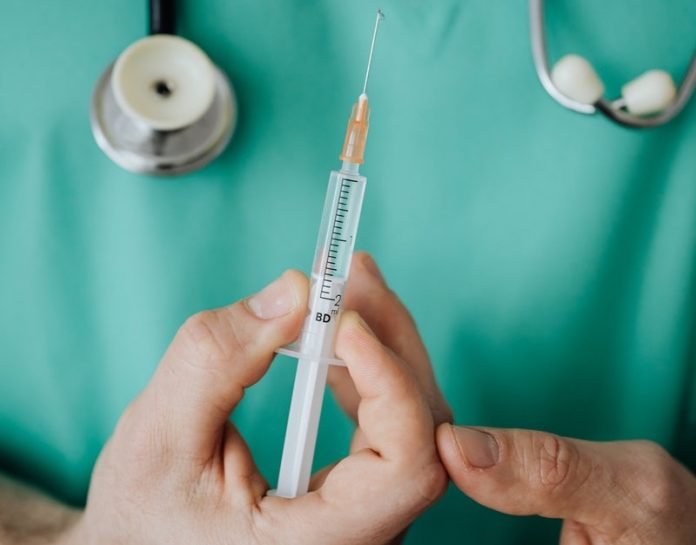
Immune reactions caused by vaccination can help protect the organism, or sometimes may aggravate the condition.
It is especially important now when multiple vaccines against COVID-19 are being developed.
In a new study, researchers analyzed which type of immune reaction would be more favorable so the vaccine could be effective.
The research was conducted by Sechenov University scientists in Switzerland.
The COVID-19 pandemic is still ongoing, and it is a major challenge for healthcare professionals worldwide.
Currently, there are several strategies of preventing the spread of the disease caused by the SARS-CoV-2 virus, including confinement or quarantine measures, social distancing, use of face masks, and good hygiene — with frequent hand washing and application of antiseptics.
However, it is clear that such restrictions affect our personal and professional lives. This is why vaccines against SARS-CoV-2 are being developed across the globe, as vaccination could help stop the pandemic.
But these vaccines can be designed in a number of ways, and immune responses may be different.
According to the team, the successful vaccine should efficiently induce high-affinity neutralizing antibodies that would target SARS-CoV-2.
At the same time, there are concerns that infection after vaccination might lead to eosinophilic lung disease and eosinophil associated Th2 immunopotentiation.
Eosinophils are white blood cells involved in conditions such as bronchial asthma, eosinophilic oesophagitis, and hypereosinophilic syndromes.
Currently, despite the limited available data, there is no indication that eosinophils play a protective or pathogenic role in COVID-19 infection.
However, eosinophils might still get involved when a person is vaccinated.
For example, the research on potential vaccines against SARS-CoV-1, a closely related virus that caused an epidemic in 2002-2004, showed that pulmonary eosinophilia was induced in ferrets, monkeys, and mice after viral challenge.
This suggests that vaccines against SARS-CoV-2 could also cause a similar immunopathology.
Another source of complications might be the induced antibodies that promote viral uptake via Fc receptors.
According to the team, the best strategy should focus on vaccines that would induce the production of high-affinity virus-neutralizing antibodies.
These antibodies should block the interaction of SARS-CoV-2 with its cellular receptor — angiotensin-converting enzyme 2 (ACE2).
Successful vaccines are expected to polarize the T-cell response towards type 1 immunity and prevent the stimulation of cytokines which induce T-helper 2 immunity.
One author of the study is Alexander Karaulov, Head of the Department of Clinical Immunology and Allergology.
The study is published in the International Archives of Allergy and Immunology.
Copyright © 2020 Knowridge Science Report. All rights reserved.



